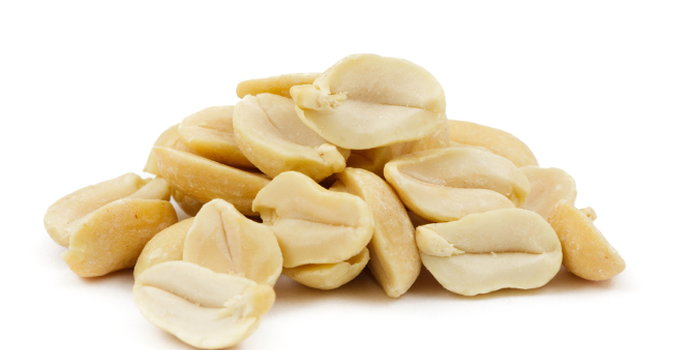Peanut butter: it's been a popular American snack for more than a century. So popular, in fact, that Americans eat 700 million pounds of it annually. But although you've no doubt eaten plenty of it, do you know many facts about peanut butter nutrition? Here are a few:
- Peanut butter is in the odd position of being a very healthy food while also being quite high in calories (100 calories per tablespoon).
- Of the calories in peanut butter, 71% are from fats, 14% come from carbohydrates and 15% are from protein.
- Don't be put off by peanut butter's high fat content; most all of its fats are of the healthy monounsaturated type, which lowers "bad" LDL cholesterol levels. Peanut butter also contains polyunsaturated fats, which raises "good" HDL cholesterol levels. The synergy of both these types of fat in peanut butter makes it a good food choice for regulating your cholesterol at a healthy level.
- Peanut butter's relatively high fat level is that it can contribute to feelings of satiety, causing you to eat less. A study in the journal Obesity found that participants who ate nuts or peanut butter at least twice a week were 31% less likely to gain weight than participants who did not eat peanut butter or nuts.
- Peanuts (and thus, peanut butter) contain more than 30 essential vitamins and minerals. One of the most interesting is resveratrol, a substance produced by the peanut plant to prevent attack by various pathogens. Resveratrol is believe to be beneficial to humans as well, working to prevent cancer, aging and inflammation. It also promotes neurological health and wards off various viruses.
- Peanut butter contains p-coumaric acid, which fights oxidative stress by reducing the risk of cardiac disease and neurodegenerative conditions. Studies have shown roasted peanuts to contain higher levels of p-coumaric acid than non-roasted peanuts.
- An average serving of peanut butter contains 8% of your daily fiber requirement. This is helpful in regulating blood sugar and cholesterol levels, and also helps reduce risk of colorectal cancer and hardening of the arteries (atherosclerosis).
- Peanut butter is a good source of the antioxidant vitamin E. This is one of the most powerful of the antioxidant vitamins, reducing your risk of cancer and cardiovascular diseases.
- Peanut butter is an excellent source of several healthy minerals, including iron, potassium, magnesium, calcium and copper. It's worth noting that raw peanut butter containing crushed skins contains much higher mineral levels than more refined peanut butter made from the peanuts only.
- Did you know that peanut butter can help prevent gallstones? A Nurses' Health Study of 80,000 participants found that women who ate an ounce or more per week of nuts or peanut butter had a 25% lower incidence of gallstones.
- Peanut butter is a good source of niacin, or vitamin B3. This vitamin has been shown to reduce your risk of Alzheimer's disease.
By now, you are probably hungry for a peanut butter sandwich. Go ahead and enjoy one - it's good for you!



